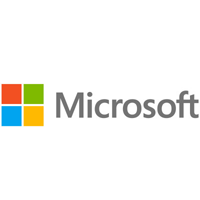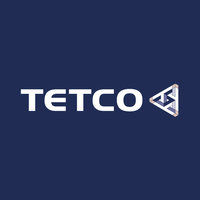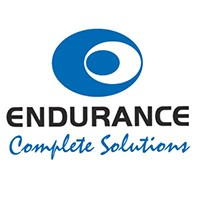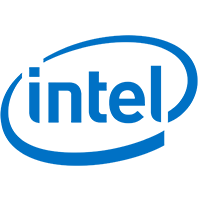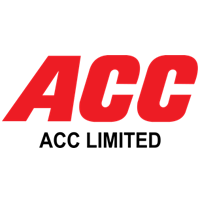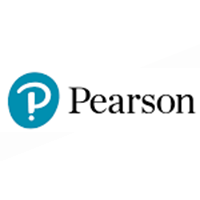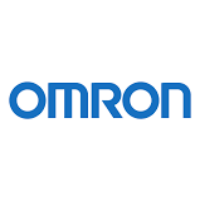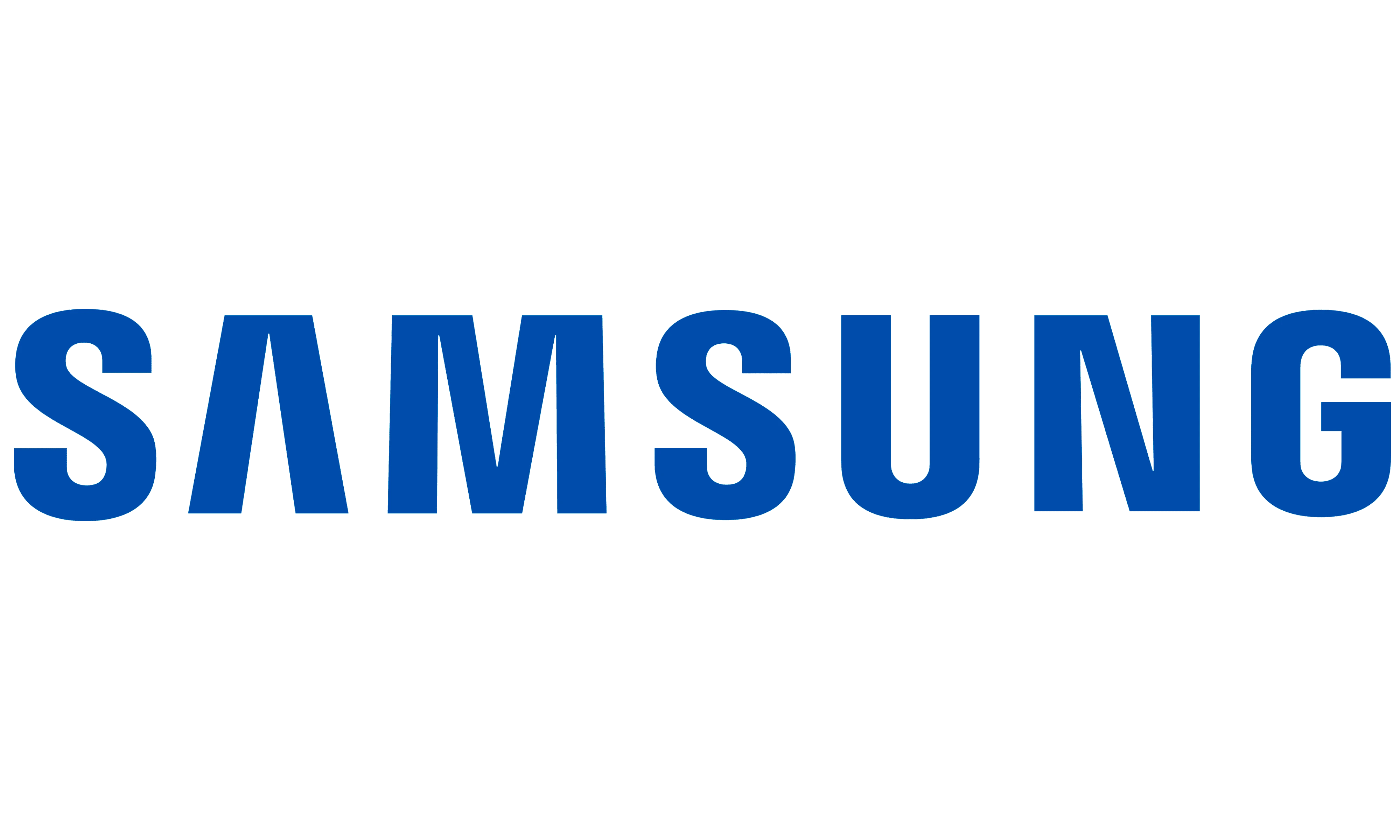The global Interventional Cardiology market in terms of revenue was estimated to be worth USD XX billion in 2022 and is poised to grow at a CAGR of 7.1% from 2023 to 2030.
Interventional cardiology is a medical field that utilizes minimally invasive procedures to diagnose and treat cardiovascular diseases. It involves accessing the heart and blood vessels using catheters and specialized devices to perform interventions such as angioplasty, stenting, and transcatheter valve replacements. These procedures aim to restore blood flow, repair damaged vessels, and treat structural heart conditions. Interventional cardiology offers advantages like shorter recovery times and reduced risk compared to open-heart surgeries. With advancements in technology and techniques, interventional cardiology continues to evolve, providing improved outcomes and enhancing the management of various cardiovascular conditions.
The interventional cardiology market is driven by several growth factors. The increasing prevalence of cardiovascular diseases, advancements in interventional cardiology techniques and devices, and the growing aging population contribute to market growth. Technological innovations, such as imaging modalities and catheter-based interventions, further propel the market. Additionally, rising awareness and demand for minimally invasive procedures and the need for improved patient outcomes fuel market expansion. In terms of regions, North America, Europe, and the Asia-Pacific are experiencing significant growth in the interventional cardiology market due to increasing adoption and implementation of interventional cardiology procedures and devices, coupled with a growing patient population and healthcare infrastructure.
Interventional Cardiology Market Dynamics
Drivers: Increasing prevalence of cardiovascular diseases
The increasing prevalence of cardiovascular diseases is a key driver in the interventional cardiology market. The rising incidence of conditions such as coronary artery disease, heart attacks, and heart failure has led to a growing demand for interventional procedures. Factors such as sedentary lifestyles, unhealthy diets, and aging populations contribute to the increasing burden of cardiovascular diseases worldwide
Restraints: High cost of procedures and devices
One of the main challenges in interventional cardiology is the high cost associated with procedures and devices. The advanced technologies, equipment, and expertise required for interventional cardiology interventions often come at a significant cost. This can limit access to these procedures, particularly in developing regions or areas with limited healthcare resources. The high cost also poses financial burdens for patients and healthcare systems
Opportunities: Technological innovations in imaging and catheter-based interventions
Technological innovations in imaging and catheter-based interventions offer significant opportunities in interventional cardiology. Advancements in imaging technologies such as intravascular ultrasound (IVUS), optical coherence tomography (OCT), and fractional flow reserve (FFR) allow for better visualization and assessment of cardiac structures and blood vessels. Catheter-based interventions, including percutaneous coronary interventions (PCI) and transcatheter valve replacements, continue to evolve with improved device designs and materials, leading to better outcomes for patients
Challenges: Stringent regulatory requirements
Stringent regulatory requirements are a challenge in the interventional cardiology market. Due to the critical nature of cardiovascular interventions, regulatory bodies impose strict guidelines and regulations to ensure patient safety. These regulations can increase the time and cost of bringing new devices and procedures to market. Compliance with regulatory requirements and obtaining necessary approvals can be complex and time-consuming, posing challenges for manufacturers and healthcare providers
Interventional Cardiology Market Ecosystem
Prominent companies in this market include well-established manufacturers and service providers of Interventional Cardiology market. These companies have been operating in the market for several years and possess a diversified product portfolio, organic & inorganic strategies, strong global sales and marketing networks. Prominent companies in this market include Abbott Laboratories (United States), Medtronic plc (Ireland), Boston Scientific Corporation (United States), Johnson & Johnson (United States), Terumo Corporation (Japan), Cardinal Health (United States), QIAGEN (Netherlands), Stryker (United States), B. Braun Melsungen AG (Germany), Edwards Lifesciences Corporation (United States).
Interventional Cardiology Market Report Scope:
Report Metric Details
Market size available for years 2019–2030
Base year considered 2022
Forecast period 2023–2030
Forecast units Million/Billion (USD)
Segments covered Procedure, Devices, End User and region.
Geographies covered North America, Europe, Asia Pacific, And Rest of the World
Companies covered Abbott Laboratories (United States), Medtronic plc (Ireland), Boston Scientific Corporation (United States), Johnson & Johnson (United States), Terumo Corporation (Japan), Cardinal Health (United States), QIAGEN (Netherlands), Stryker (United States), B. Braun Melsungen AG (Germany), Edwards Lifesciences Corporation (United States)


